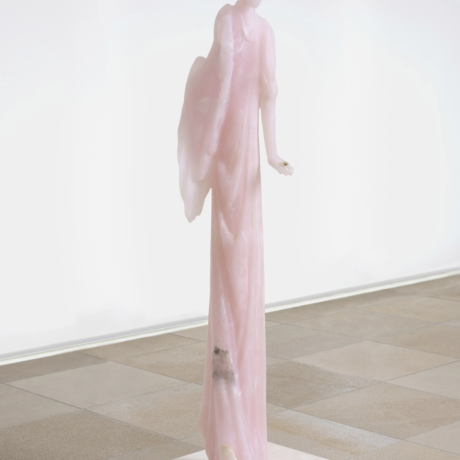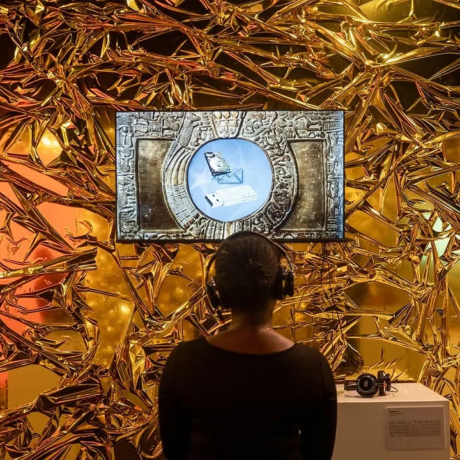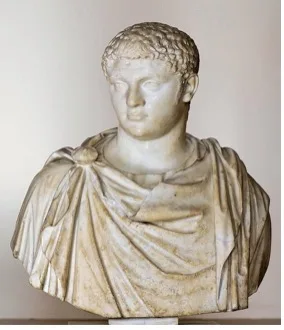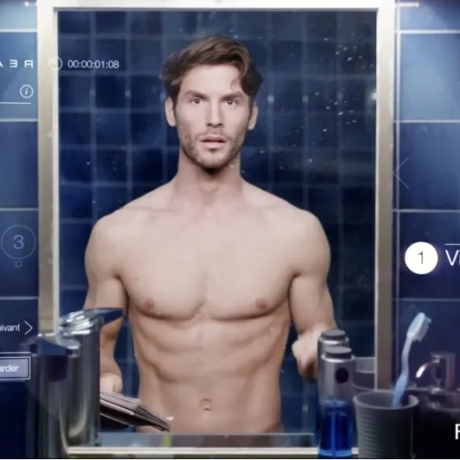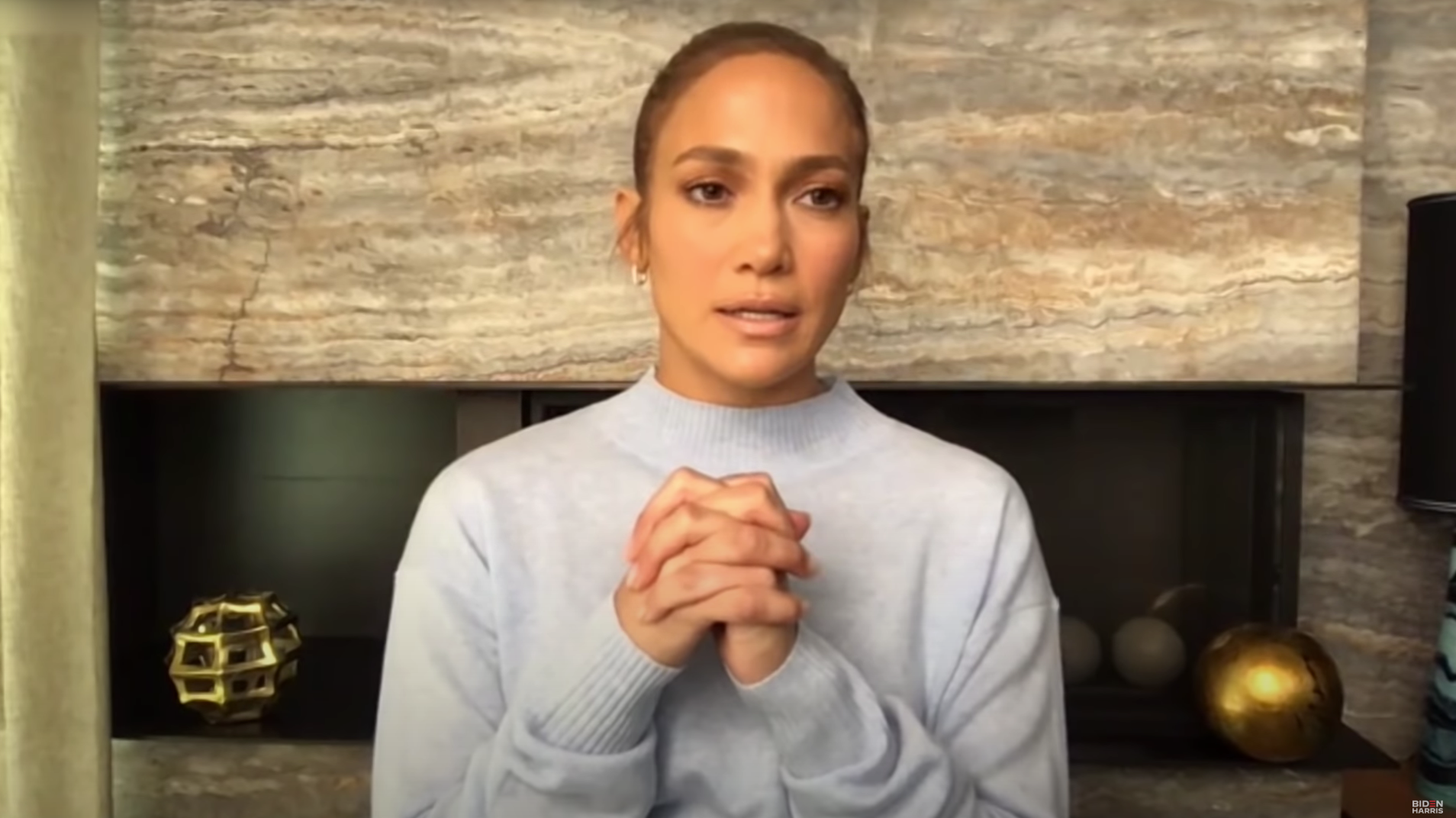
Prior to Donald Trump’s election in 2016, the most recent example of significant celebrity influence on American presidential politics was Oprah Winfrey’s endorsement of Barack Obama in the 2008 Democratic primary. After the news broke in May 2007, research found that 28 percent of Black voters said Oprah’s endorsement would make them more likely to support a candidate. After Obama’s victory over Clinton in June 2008, economists estimated that Oprah’s backing was responsible for over a million primary votes for the future president. Oprah, “a celebrity of nearly unparalleled popularity,” had played a crucial role in shaping American politics for the next decade.
Fast-forward to the 2020 Democratic primary, and the deciding factors in a tight race were less glamorous, instead coming later in the day from traditional Washington heavyweights. If Oprah’s endorsement had propelled Obama to the nomination 12 years prior, then it was James Clyburn, the highest-ranking African-American Democrat in Congress and a colossal figure in South Carolina, whose support played a crucial hand in powering Biden to victory in the state—after which ten victories on Super Tuesday turned the race decisively in his favour. Clyburn would later compare the stakes of the 2020 election to those in 1860, where Abraham Lincoln emerged victorious.
“This is a new form of political dialogue, where celebrities take on a quasi-journalistic role in holding candidates to account”
Although difficult to compare, the two episodes—high-profile African-Americans throwing their weight behind candidates—do speak to the changing, and perhaps, diminishing nature of celebrity influence in the public sphere either side of 2016. That year, Matthew Wood, a lecturer at Sheffield University, discussed a recent “shift away from the glamour of the red carpet and film star friends towards something more akin to the medium of reality TV” within western politics, “where an individual’s ability to appear ordinary, imperfect, ‘everyday’ and ‘normal’ is celebrated.” Despite his own celebrity status, it was a variation of these populist strategies which delivered Trump to the White House.
Whereas Trump offers what Wood calls a “rawer mode of engagement” by embodying the populist politician and celebrity simultaneously, Biden’s status as an unapologetic establishment figure means he must find this energy elsewhere. Celebrities are a part of this, but they have been deployed in strikingly different ways to previous campaigns. Lessons have been learnt from Clinton’s 2016 run—which featured countless figures from Jay Z and Beyoncé to LeBron James—fuelling the accusations of elitism which plagued her candidacy. This cycle, in-part owing to the pandemic, events have mostly taken place online, while the graveness of the vote’s consequences give the broadcasts a sombre tone. And Oprah has been quiet.
Whereas previous candidates have relied on celebrity supporters’ reach and media credibility to legitimise their campaigns, Biden’s interactions with high-profile figures have adapted the logic of stardom. Beyond the Democratic national convention, where Billie Eilish, John Legend, Leon Bridges and others performed alongside short statements, celebrities have been stripped of their lofty, other-worldly status and instead presented as normal voters. The aim is authenticity and shared civilian experience, not messianic prescription.
A recent campaign video featuring singer Jennifer Lopez, former baseball megastar Alex Rodriguez, Biden and his wife Jill is an example of this. A short video call format sees the plain-clothed couple discuss their fears for the nation under Trump, with Lopez saying that “For me, it’s unifying the nation again. Getting rid of this hate, thinking about my kids walking around in a world where it’s okay to be racist or prejudiced because our administration says it’s okay, that to me is really sad because it’s not the country I grew up in.” The conversation is laced with a genuine urgency and fear, not the tone of optimism that characterised rallies during the Obama and Clinton campaigns.
The Latinx pair also inhabit an identity-based role in this exchange, where their stardom is superseded by their membership of a marginalised voting coalition. The pair are cast as representatives of the whole Latinx community, despite their material advantages creating a gulf between their own experience and those of their peers (both are reportedly worth over $350m). A recent New York Times podcast detailed the uncertainty of the Latinx vote in Arizona, where Trump is seen to embody patriarchal meritocracy. Biden has also used celebrity endorsements to target voters of Puerto Rican origin in Florida, featuring Luis Fonsi, Eva Longoria and Ricky Martin during Hispanic Heritage Month in September. Celebrity becomes a secondary factor to community cut-through.
“The relationship between Sanders and Cardi B speaks to a trend of progressive celebrities appearing as synecdoches for their communities”
These outreach initiatives are a crucial coalition-building strategy for Biden, whose multiple gaffes on the campaign trail include his telling an African-American radio host that “If you have a problem figuring out whether you’re for me or Trump, then you ain’t Black” earlier this year. But he is not the only Democrat to embrace this more grassroots and demographically-targeted approach to endorsement culture. The unlikely relationship between Bernie Sanders and Cardi B also speaks to this trend of progressive celebrities appearing as synecdoches for the communities to which they belong, rather than being seen as campaign resources in their own right. For candidates attempting to shake off their old white male image, diverse support is invaluable.
In several meetings during the primary campaign and since, Cardi B has provided a direct line of questioning for her Instagram and Twitter followers to the Vermont senator, raising issues like youth unemployment, police brutality, and recently, expressing her deflation over Sanders’ decision to concede the primary, a sentiment shared among swathes of young voters. “What I am also trying to do right now, Cardi, is to work with Joe [Biden] to see that he becomes a more progressive candidate” Sanders assures her over video call. “What I want to see him stand for—which he will—is to raise the minimum wage to $15 an hour.” The rapper nods along in agreement. Just this week, Sanders
hosted a call with British singer Dua Lipa, in which they discuss the discrepancies of healthcare provision in the two countries. This is a new form of political dialogue which shuns celebratory theatrics; instead, celebrities take on a quasi-journalistic role in holding candidates to account. As mouthpieces of their communities, they can ask: what will you do for us?
“The unique conditions of this election have seen a genuine shift in the power balance between candidate, celebrity and voter”
This class of celebrity also offers something back to their supporters: a discerning judgement which cuts against the blind support often given to Democratic candidates. When Pete Buttigieg sought the support of Lil Nas X last year, the Old Town Road singer replied: “Yeah, you’re gay. But I don’t know everything you’re planning when you’re running the entire country.” Earnestly-framed endorsements have also come from stars like Taylor Swift, whose comments during the 2018 midterm elections caused an outcry among Tennessee conservatives. This month, she urged fans “to elect a president who recognises that people of colour deserve to feel safe and represented, that women deserve the right to choose what happens to their bodies, and that the LGBTQIA+ community deserves to be acknowledged and included.” Her shift over the years is testament to the idea that inaction is no longer an option in American politics.
The question of genuine impact of this support remains unanswerable. It is not all straightforward. Last month, actor Dwayne Johnson made his first ever presidential endorsement, publicly backing the Biden-Harris ticket. On his 5 million strong subscriber YouTube channel, the video has 18,000 down votes to just 10,000 in support. Fan comments express disgust. The strength of polarisation in the country may render such endorsements futile, impacting only the celebrities’ standing with their base, not the candidates’. For many, it is a risk worth taking. The unique conditions of this election have seen a genuine shift in the power balance between candidate, celebrity and voter—and a blurring of the latter two categories. But the essential truths of wealth and stardom remain: the results of the election will not affect both groups equally.

